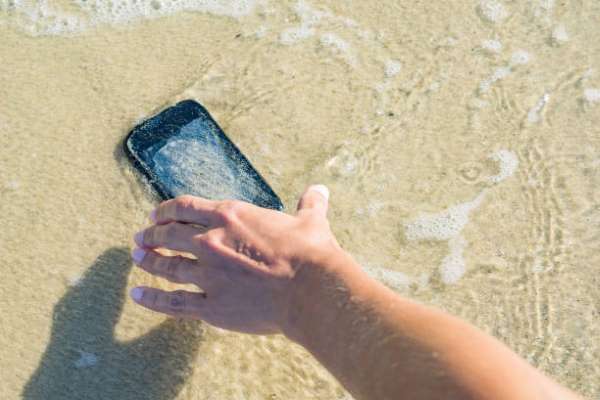On Sunday, Floridians watched another Super Bowl come and go. Not only did bettors miss out on the chance to make a quick buck on the Rams, but they also watched as millions of potential tax dollars went straight down the drain.
The Sunshine State holds the ideal climate for legal online sports betting. With a booming tourist industry and the potential to host over 20 million local patrons, the territory is a gold mine for major sportsbooks.
However, the debacle over who should hold rights over the mobile betting market has spiraled. For those out of the loop, or in need of a refresher, this is the rundown of what happened with Florida sports betting and what’s to come.
A Brief Timeline of Legal Betting
In May of 2021, Gov. Ron Desantis amended and signed a gaming compact with the Florida Seminoles. The amendment came after two years of negotiations during which the state did not collect necessary tax dollars from the tribe.
The document legalized the tribal operation of both in-person and mobile sports betting in exchange for 13.75% of annual gaming revenues. Additionally, the compact provided the tribe with sportsbook exclusivity in the state.
When the news broke, several commercial gaming entities felt slighted. The Havenick family, owners of Florida’s Bonita Springs Poker Room and Magic City Casino, felt compelled to take the issue to Federal Court. So far, the decision to do so has worked in their favor.
Just three weeks after the launch of Florida’s mobile sportsbooks, U.S. District Judge Dabney Friedrich published her ruling on the matter. In the statement, she sided with the Havennick family and concluded that mobile betting could not be authorized without a voter referendum.
That November, the Seminole Tribe was obligated to shut down its Florida betting operations, taking many of its users by surprise.
Appeals & Initiatives Linger On
Although the ruling has since been appealed, residents may have to wait up to three years to see the return of mobile betting. Even if the appeal favors the Seminole Tribe, litigants could take the issue all the way to the Supreme Court.
In the meantime, commercial sportsbooks have tried to take matters into their own hands. Last summer, DraftKings and FanDuel coughed up a combined $20 million to fund a ballot initiative legalizing commercial betting.
But six months of campaigning did little to sway Florida residents in favor of a commercial market. All of the efforts were for naught as the initiative missed the number of required signatures by several hundred thousand.
Out of this whole mess, Florida’s biggest loss has been its tax dollars. But, frankly, residents don’t seem to be too concerned about it.
For now, it seems Floridians are willing to gamble on the wait. Those who would rather sit out on the sportsbook craze don’t have to go out of their way to do so. Dedicated bettors already have offshore betting accounts to bank on their favorite teams.
Compromise, right?
Source: Ballotpedia

